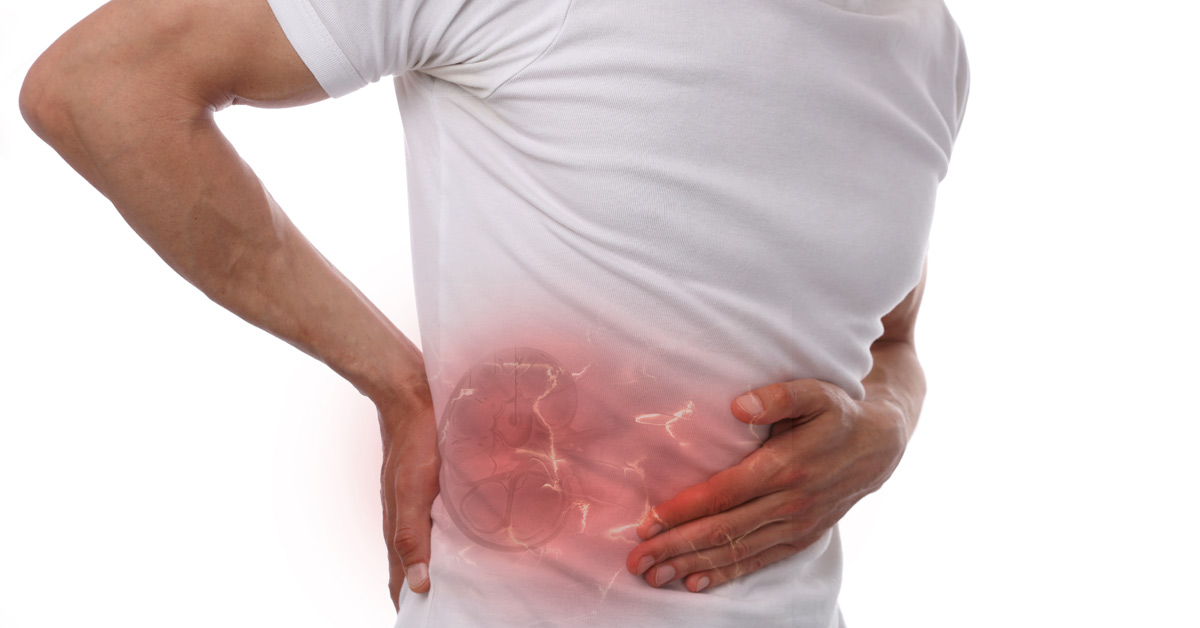
Anyone who has had kidney stones knows the pain isn’t just uncomfortable—it can be excruciating. Some describe it as worse than childbirth. The sudden, sharp pain in the lower back or side, the relentless urge to urinate, and the nausea that often follows can stop life in its tracks. While kidney stones are common, they’re frequently preventable. Making a few simple changes can significantly reduce the risk of developing them. Here’s what you need to know about how to prevent kidney stones.
Why Do Kidney Stones Form?
Kidney stones form when substances like calcium, oxalate, and uric acid become concentrated in the urine and crystallize. This happens inside the kidneys as they produce urine. The stones don't usually cause problems until they move. When that happens, it can be extremely painful and may lead to complications if they block the urinary tract.
Several factors can increase the risk of stone development, including:
- Diet
- Hydration
- Genetics
Fortunately, making a few simple changes may help prevent kidney stones from forming.
How to Prevent Kidney Stones: 11 Tips
The most effective ways to reduce your risk involve making changes to dietary habits, fluid intake, and lifestyle:
1. Stay hydrated
Drinking plenty of fluids, especially water, is the most important preventative measure. Dehydration can lead to concentrated urine, making it easier for minerals to form stones. Try to aim for at least 8 cups of fluids per day. If you exercise or live in a warm climate, drink more.
2. Limit high-oxalate foods
Oxalates, compounds found in certain foods, contribute to stone formation by binding to calcium in the urine. If you're prone to oxalate stones, reduce your intake of high-content foods, including:
- Chocolate
- Nuts, such as almonds, cashews, and peanuts
- Tea
- Soy products
- Spinach
- Beets
3. Increase citric acid intake
Lemons, limes, and oranges contain citric acid, which helps prevent calcium from binding with other substances. Drinking fresh citrus juice or adding lemon to water may help reduce stone risk.
4. Be mindful of calcium intake
Calcium is vital for strong bones. But, too much calcium, especially from supplements, can lead to kidney stones. Instead of tablets, try to get calcium from foods like:
- Dairy products such as milk, yogurt, cheese
- Leafy greens
- Fortified foods
5. Increase magnesium-rich foods
Magnesium helps prevent kidney stones by stopping calcium and oxalate from crystallizing. Good sources of magnesium include:
- Almonds
- Cashews
- Avocados
- Leafy greens like spinach and kale
6. Decrease sodium intake
The more sodium you take in, the more calcium gets excreted in the urine, leading to stone formation. This is due to a complex process the kidneys use when filtering waste. Avoid high-sodium foods, such as:
- Processed and fast food
- Canned soups
- Salty snacks
- Deli meats
7. Limit animal protein
Animal protein increases a kidney stone component known as uric acid. To avoid this, limit intake of:
- Red meat
- Organ meats like liver and kidney
- Eggs
- Full-fat dairy
8. Cut back on sugary drinks
Sugary beverages, especially sodas and energy drinks, increase the risk of kidney stones by altering urine composition.
9. Maintain a healthy weight
Having a high body weight is linked to kidney stone development. Eating a balanced diet and exercising can help keep your body weight in check.
10. Adjust medications if needed
Some medications, like diuretics and antacids, can increase the development of kidney stones. If you're at risk, talk to your doctor about possible alternatives or ways to minimize the impact.
11. Know your risk factors
Certain conditions may increase your risk of forming stones. These include:
- Gout
- Inflammatory bowel disease (IBD)
- Hyperparathyroidism
Talk to your doctor if you have these conditions or a history of kidney stones. They can suggest specific ways to help prevent them.
Get Help for Kidney Stones
Learning how to prevent kidney stones is the first step in avoiding them. However, some people already have stones and don't know it. If they start to pass, getting help immediately can save a lot of pain.
Get help for kidney stones—schedule an appointment today!
